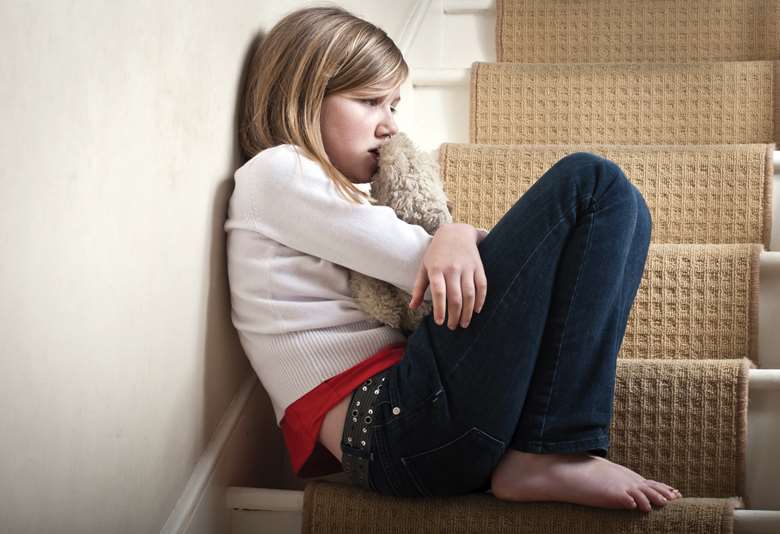How children recover from past domestic abuse
Emily Rogers
Monday, March 30, 2015
Project helps children who have experienced domestic abuse recover and move on.

Project
MySpace
Funding
£5,000 for a 12-week course, largely met by local charities. Schools contribute at least £500
Background
Living with domestic violence can have a devastating, long-term impact on children. Family support charity Welcare became aware of the need for specialist support while working with schoolchildren with behavioural issues and their families.
"We were seeing parents who had received support to move on from domestic violence, but their children hadn't had an opportunity to process what had happened and were left traumatised," recalls family support worker Fiona Newman. "We realised that for the whole family to move on, children needed to have the same opportunity as parents to work through their experiences."
Before embarking on a pilot scheme at a primary school in Bromley in 2013, Welcare staff completed a three-day training course provided by the charity Against Violence and Abuse.
Action
Participants are identified by school support workers and a home visit is arranged to get a better picture of the child's circumstances.
Two facilitators and a volunteer then engage a group of eight to 12 eightto 10-year-olds in a 12-week course of school-based sessions. Sessions, which last around two hours, include learning about how to express and manage feelings, how to recognise domestic abuse, and sharing experiences. Children produce safety plans to help them know what to do if abuse occurs. The sessions are designed to help boost confidence and self-esteem as well as giving children problem-solving skills and strategies to deal with their own feelings of anger.
Newman says parents often don't realise their children have been affected by domestic violence and don't want them to talk about it so children "either become very withdrawn or lash out". As part of the approach parents attend monthly workshops.
After the course, parents and children come together for Stay Connected, six after-school activity sessions to help rebuild their relationships.
"We've seen some very withdrawn children, but by the end, they're really finding their voice," says Newman.
Welcare now hopes to roll out MySpace across south London and east Surrey.
Outcome
An evaluation of the 2013 pilot by Coram, based on questionnaire responses from a small number of participants, shows that before the course 83 per cent agreed with the statement "violence happens a lot in families". But afterwards, all disagreed.
Before just 33 per cent disagreed with the statement "sometimes, mums do things they deserve to be hit for" but that went up to 75 per cent after the course.
Children also appeared better able to manage anger, with fewer feelings of blame. Before the course just 17 per cent said they would never hit, punch or kick someone, compared to 75 per cent afterwards.
If you think your project is worthy of inclusion, email supporting data to derren.hayes@markallengroup.com




